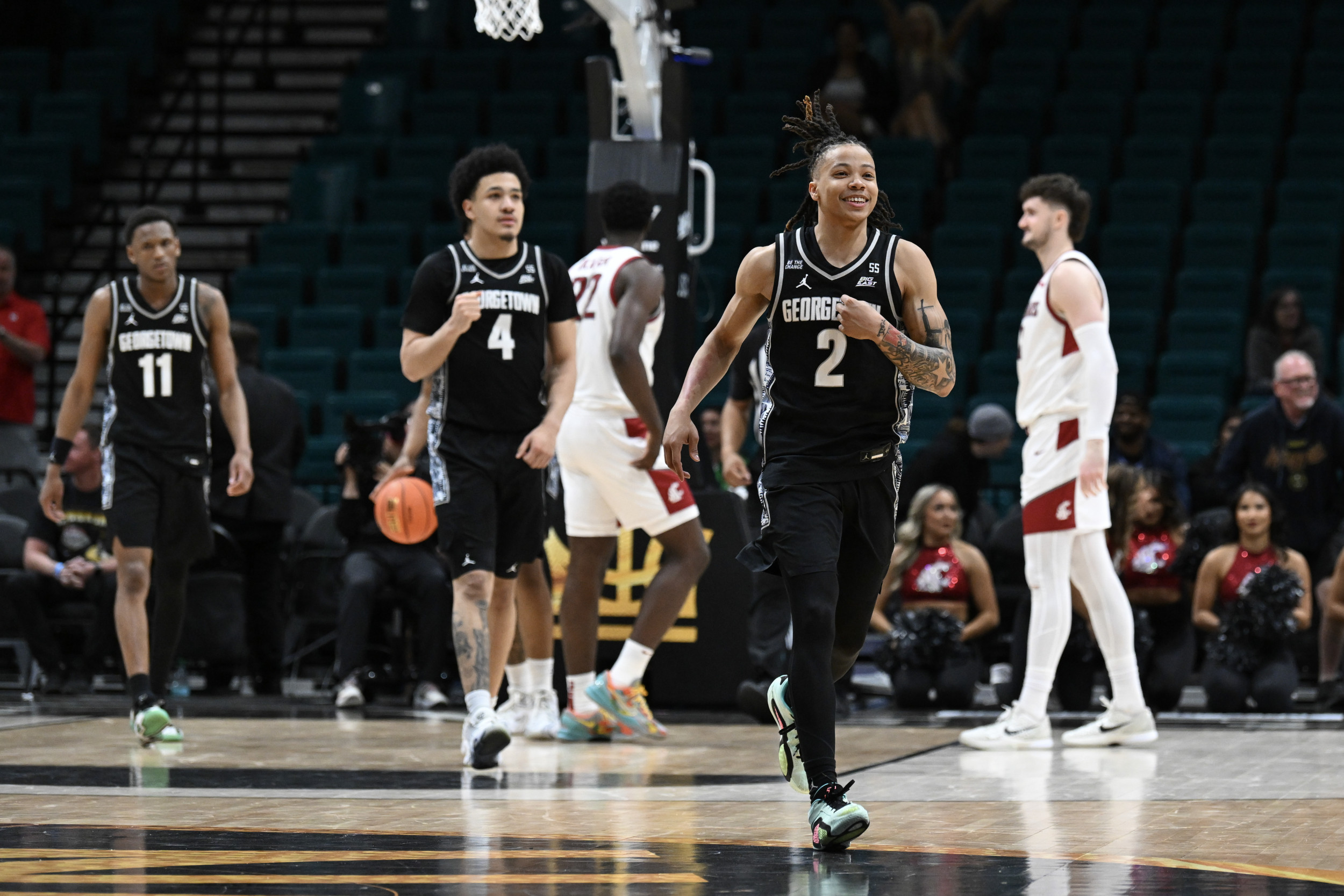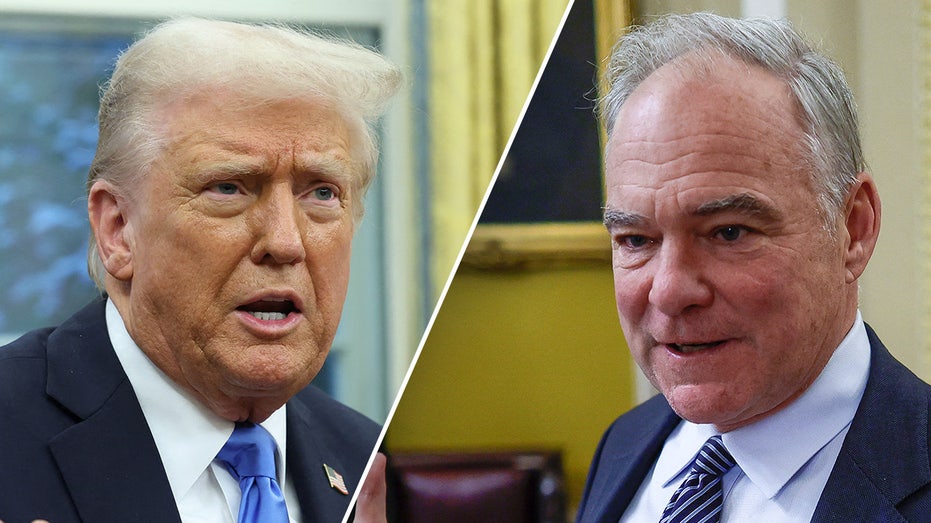
Boston Mayor Michelle Wu said she’s assembling “as lean” a city budget as possible for next fiscal year, including by eliminating hundreds of vacant municipal jobs, to prepare for uncertainty around threatened federal funding reductions.Wu and the Boston City Council exchanged letters Tuesday that include a shared focus on how the city should look to rein in spending for the upcoming fiscal year in light of the mayor’s plan to roll out her budget proposal next Monday.“With over $300 million in federal funds supporting critical city services each year and with likely impacts from federal tariffs and other policy changes to the broader economy, we must exercise caution to ensure stability for our communities — preparing for worst-case scenarios while refraining from preemptive disruption of city services,” Wu wrote.
“This year’s budget must reflect fiscal discipline to protect Boston’s community and economy in the face of federal uncertainty,” the mayor’s letter states.Wu’s letter was responsive to one sent to her earlier in the day by Council Vice President Brian Worrell, Ways and Means committee chair, on behalf of the entire body — which has the authority to amend, reject or approve the mayor’s city budget proposal.“Based upon the current federal environment, we advise the city to limit its overall budget growth in order to stay nimble enough financially to backfill critical city services for any federal funds that are lost in FY26,” Worrell wrote.

“Last fiscal year, the city saved tens of millions of dollars in salaries, and in order to achieve the City Council’s limited requests, we suggest leveraging payroll from the nearly 2,000 vacant jobs in the city,” his letter states.The Council’s stated budget priorities center around funding increases for housing and food insecurity initiatives, diversity and inclusion protections, increased quality of life investments, expanded programs for city youth, community safety commitments, small business assistance expansions, government productivity, and a number of capital projects at parks and buildings throughout the city.While not committing to the Council’s specific spending priorities, Wu did say that she was planning to eliminate, rather than fill, long-term vacancies “to constrain growth,” and that her budget proposal would not include any new city positions.
Wu wouldn’t confirm the Council’s figure of 2,000 vacant jobs that would be taken off the books when asked at a press conference in Roxbury, saying that she wanted to verify the exact numbers ahead of filing her budget plan with the body Monday.“Some of what the city has been doing ..
. is ensuring that we are just presenting as lean a budget as possible, so that we can be prepared for worst-case scenarios with federal funding,” the mayor said.Wu said the budget will also include targeted reductions in non-personnel items like equipment and supplies in various departments, and limiting new investments to times when such additional resources are necessary to further basic city services.
While the city’s budgeted headcount will be decreasing in fiscal year 2026, the mayor said there are no immediate plans for a hiring freeze, where “critical roles” wouldn’t be filled if a city employee were to leave that type of job.“We’re not at that point,” Wu said.Wu’s plan to tighten city spending represents a stark contrast to the last few years, when her administration added roughly 300 positions to the city payroll.
A third of those newly created positions included six-figure salaries.The mayor’s rejection of calls to cut this fiscal year’s $4.6 billion budget, which grew by 8%, was criticized by opponents of her stalled plan to raise commercial tax rates.
The legislation, stalled at the State House, is aimed at providing relief to homeowners.Josh Kraft, Wu’s mayoral opponent, weighed in on X, saying, “Today is the first time I’ve heard Mayor Wu use the term ‘fiscal discipline.’“This is from a mayor who couldn’t find a single penny to cut from a $4.
5B budget and yet residential taxes continue to go up,” Kraft said. “Who’s looking out for hard-paying taxpayers?”Wu’s belt-tightening comes as she has battled with the Trump administration, in part over the city’s so-called sanctuary status that limits local cooperation with federal immigration authorities, since the president took office in January. The mayor shared a cozier relationship with the Biden administration.
Federal officials, including House Republicans who sit on the Congressional oversight committee that grilled Wu and three other sanctuary mayors last month, have threatened cities with illegal immigration protections like Boston with reduced federal funding.“I think we’re seeing in a lot of different sectors that federal funding is on the line and being used to inject some unpredictability, whether it is in the higher education sector or law firms or in city and state governments,” Wu said.Prior to the day’s press conference, the mayor said she was meeting with community organizations in Roxbury who represent immigrant communities.
Related ArticlesBattenfeld: Could Marty Walsh inject himself into Boston mayor’s race?Boston Mayor Wu hits back at criticism from Josh Kraft after youth jobs fair violenceIn about-face, developer Thomas O’Brien says he won’t run for mayor of BostonYouth Summer Jobs Fair broken up due to fights, overcrowding, Boston Police sayBoston Mayor Wu snubs City Hall fiscal watchdog event over yearlong tax beefWu said she spoke with advocates about the work they’ve been doing to set up a hotline for people to report to and “then get verified reports about what activity might be happening in the neighborhoods around immigration enforcement, as well as what tactics and other types of actions that they are seeing.”She said the conversation also touched on the potential for the city’s Office of Police Accountability and Transparency involvement in that work. OPAT is a civilian body that investigates complaints of Boston Police Department misconduct.
OPAT’s potential role, Wu said, would be to document instances where, for example, “people are being stopped on the street just based on what they look like” and asked for their citizenship papers.“There’s a lot of confusion out in the neighborhoods,” Wu said, “of who these officers are, what agency they represent.”.















